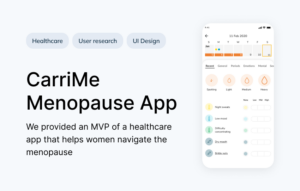Akrivia Health has ambitious business goals of becoming the go-to-place for access to mental health and dementia data insights for researchers and trusts.
We conducted a discovery phase, with separate technical and user experience workstreams to provide Akrivia Health with the requirements to redesign their CRIS platform into a commercial product.
